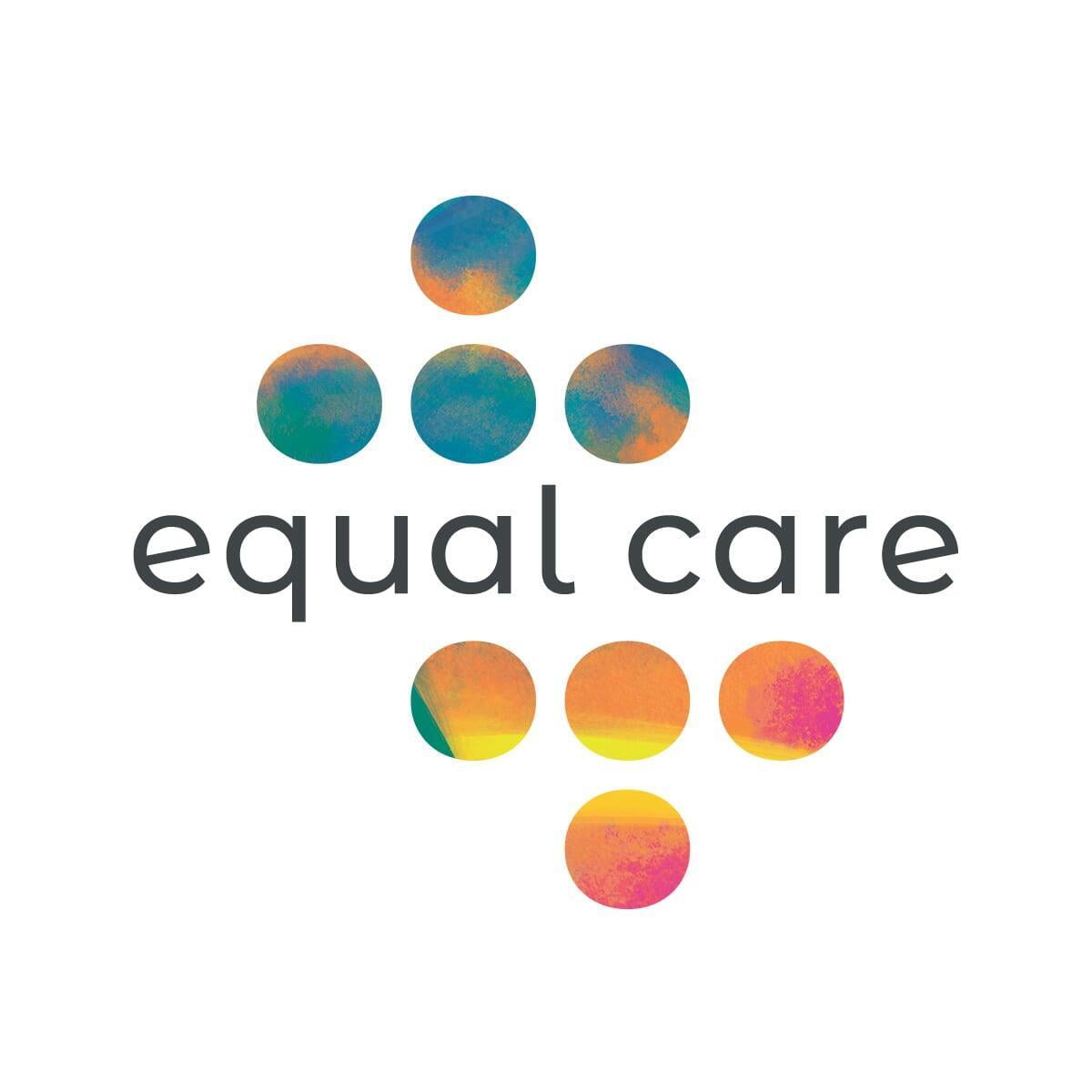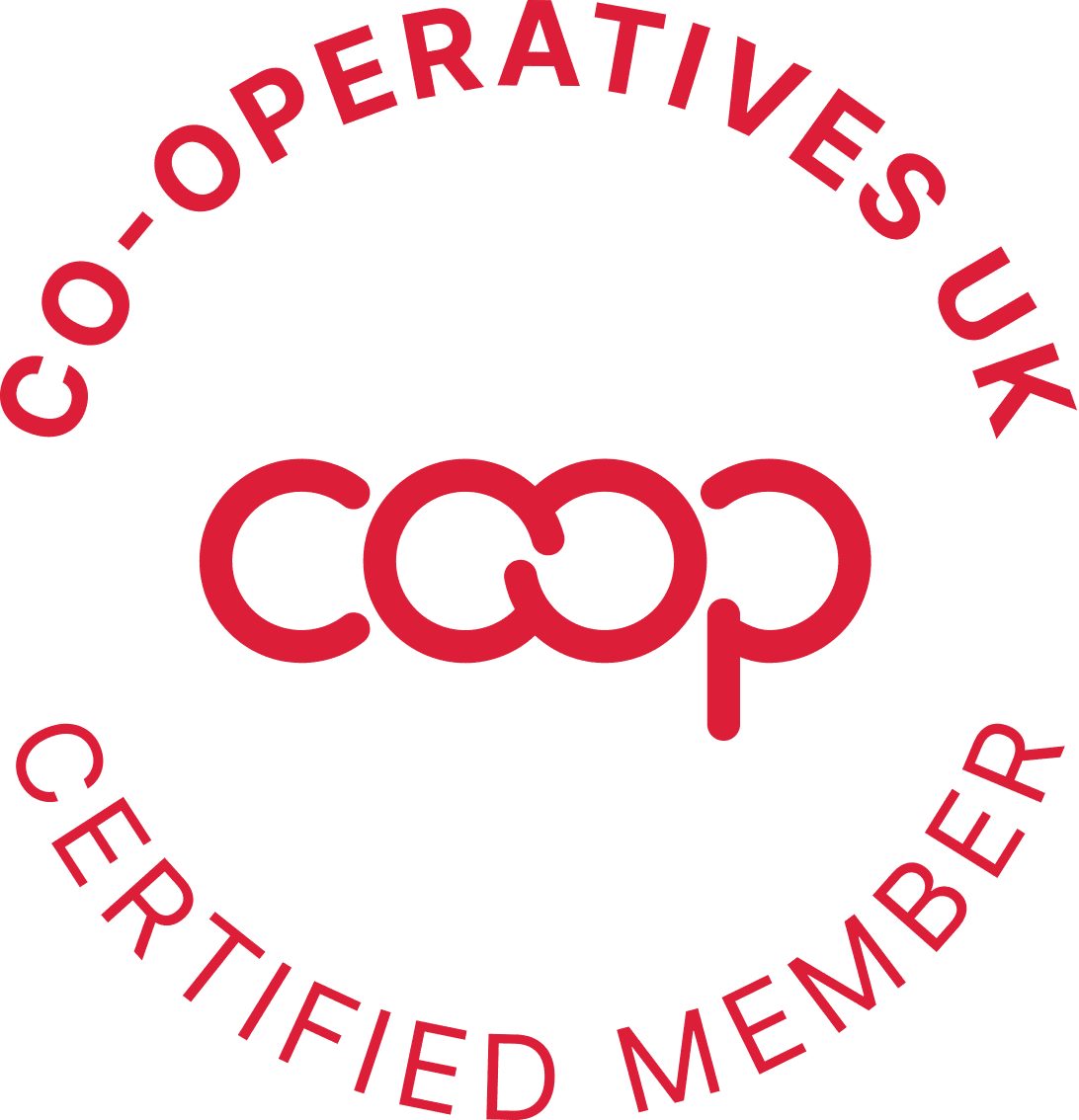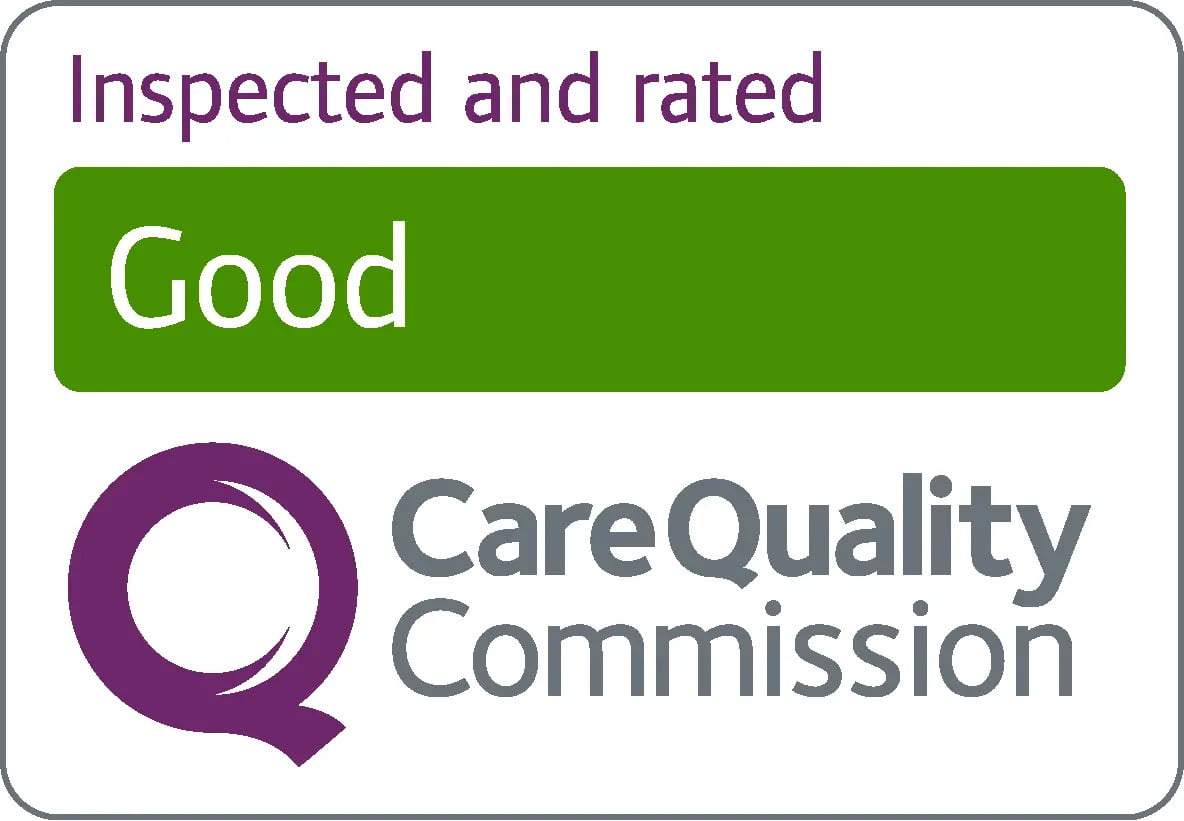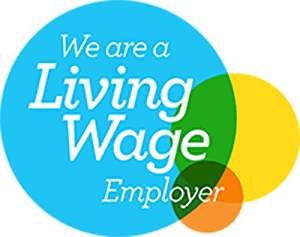Equal Care Facilitator
Summary
Your role is to find, support, represent and introduce people and their families to Equal Care Co-op’s introductory service and to get their support and care relationship with their new care workers off to the best start. You’ll also be the point person to go to for solving difficulties.
You are ‘carrying’ the caring relationships which exist between people being supported, their involved family members and the paid workers supporting them.
This role is part of a pilot - some of the activities described below are dependent on the development of Equal Care’s digital offering and will come into play over the course of next year.
Note there is no official deadline for applications. However, we are holding rolling interviews and will recruit as soon as we find someone(s) brilliant, so apply soon if you want to go for it! We will fill up interview date slots on a first come first served basis so the sooner your application goes in the more likely it is that we'll be able to interview on the first date.
The first interview day is 5th December 2019 at our office in Halifax and the second is in the afternoon on the 10th December 2019. We'll either make a decision following these days or publish more dates on this page. Where people have immovable commitments on those days we'll find a mutual time.
The basics
| Salary | £25,000 - £28,000 dependent on experience and qualifications |
| Full-time or part-time? | Either. Your choice. |
| Flexible working okay? | Yes, of course, though be mindful that some people may need to meet you outside normal working hours. |
| Job share allowed? | Yes , that too |
| Can I combine it with other roles in Equal Care Co-op? | Yes, absolutely |
| Where is it? | The role geography matches the Calder Valley Social Work team area (i.e. including Sowerby Bridge) but for the first year will be in Hebden Bridge, Todmorden, Blackshaw Head and office time in Halifax. Your place of work will be University Business Centre, 27 Horton St, Halifax HX1 1QE. |
| Do I need a car? | No, but it would really help with getting to people for your one to ones and one to twos. If you can drive but don't have a car we'll sign you up to the local eco friendly car club. We also welcome avid cyclists! |
| Key Circle (i.e. main team) | People |
| Link Person (i.e. main person to support you) | Kate Hammon (for first year) |
| Your Links | Independent care and support workers who you train to be Equal Care Facilitators (ad-hoc) + team members on a rotating annual basis |
| Circle Roles | You may be nominated into these as part of your work. |
| Disabilities and differences welcome? | More than welcome - actively welcome. Please apply! We're disability confident and a mindful employer and we're committed to doing our bit to erode the disability employment gap. |
| Disclosure and Barring Service check? | Yes. We will need an Enhanced Check as part of a conditional offer for this job. We follow the Code of Conduct for these. |
What you'll be doing
We like and support dynamic and emerging work roles. Each section below should be treated as a mini-role in its own right and the share of time you spend on each will change. Significant changes are agreed as part of the consent process with your circle and you lead on your role review at least biennially. You will act upon the role, helping to sculpt it and shape the experiences of facilitators who will follow in your footsteps.
What you're like
You are a calm, communicative, kind person. People feel safe around you and you inspire trust in others. You are relationship-focussed and able to empathize with several perspectives (family members, caregivers, people getting support). Your writing style prioritises representing people in their own voices and does not ‘translate’ people’s words into medicalised or overly formal language. People can recognise themselves and feel heard and seen by your writing.
You are self-directed, adaptable and focussed on solutions. You’re fine with ambiguity and if you seek clarity and don’t find it you work to create it. You are imaginative and good at seeing many possible outcomes. You see people in terms of their potential and their strengths.
(Don’t be discouraged if you don’t immediately recognise yourself in the description above. It is our experience that many people in caring roles are not so brilliant at seeing their own merits. If you struggle with this, get family and friends to read the paragraph above and they’ll see qualities you may have missed).
Your experience & qualifications
If you’ve had about 70% of these experiences that’s great, the rest can be learned (and we'll provide whichever training is the right fit for you). We haven't divided things into essential v desirable but if you can see only a few things on this list that apply to you this may not be the right role for you right now.
Experience
Qualifications (together with significant experience of the above) likely to attract the higher rate of pay are:
- Facilitating small groups
- One to one or one to two sessions where you are taking a supportive or leadership role
- Resolving conflict and concerns between individuals
- Teaching or coaching people one to one, especially about topics with a relational focus (like facilitation or caring)
- Writing care and support notes, plans and risk assessments
- Doing direct care and support work
- Using / evaluating digital products (e.g. a care planning app, customer relationship management software)
- Support brokerage, link or social work or a similar role involving connecting people with one another
- Social Work, Nursing, Level 4/5 Diploma in Health and Social Care area, degree in related subject
A 'typical' week...
A presentation to a local sheltered housing organisation results in immediate interest in Equal Care Co-op from two people and ‘watching and waiting’ interest from others. You have a one to one with each of the two, introducing them to the platform and service.
You get routed several expressions of interest from the website, coming from people who want to know more and get a call from you before signing up. You make five calls in the day, explain more about the service and listen to people. One person is able to register online with you on the phone to them. You make three follow-up face to face appointments with people who don’t want to go online and want to speak directly to you first about their support.
One person signs up for a trial support session during the face to face appointment and the other two need you to help out with their social care budgets. You write a couple of letters to their social workers as part of your visit, which helps move their Local Authority care assessment along.
Some days you are in the office. Other days, you’re out and about.
Your phone rings a few times a day with new enquiries. You talk to people about the service. Some are okay with then moving on to sign up independently but most want a face to face chat, where you go out and either do a more detailed introduction of Equal Care for them to mull over or go straight ahead with finding someone suitable to support them. You book a meeting with an independent care worker who’s interested in beginning to facilitate matches on an ad-hoc basis.
You get a call from someone who hasn’t been invoiced as they expected - you take it up with the person responsible for this and move it along. You get a call from a care worker you matched a couple of months ago - she’s frustrated, doesn’t want to stop supporting the person but is having issues with a family member. You call the family member to talk about this and ask them what you can do to help. The family member agrees to a facilitated meeting with you and the care worker and you use your problem-solving and listening skills to help bring things to an outcome everyone can agree to.






